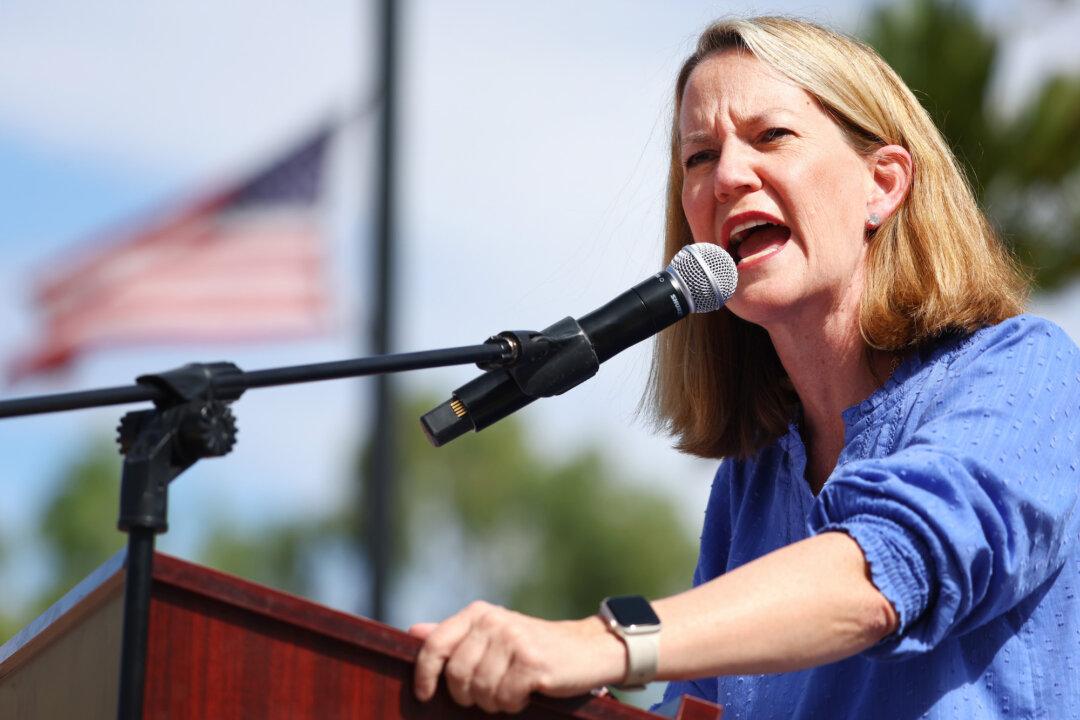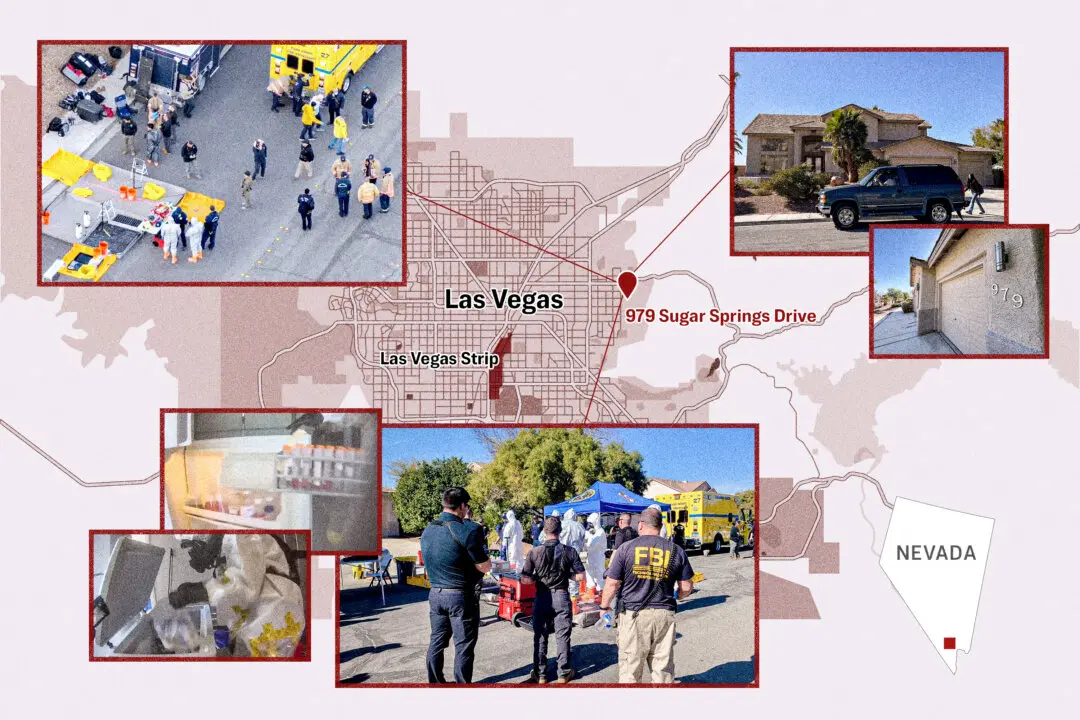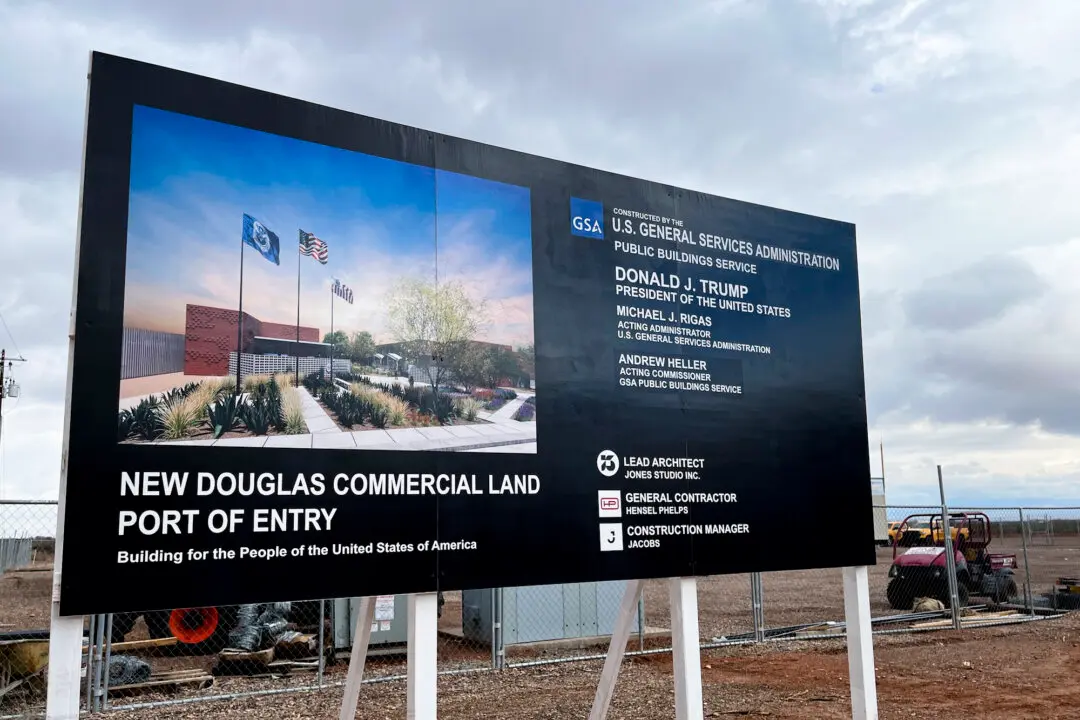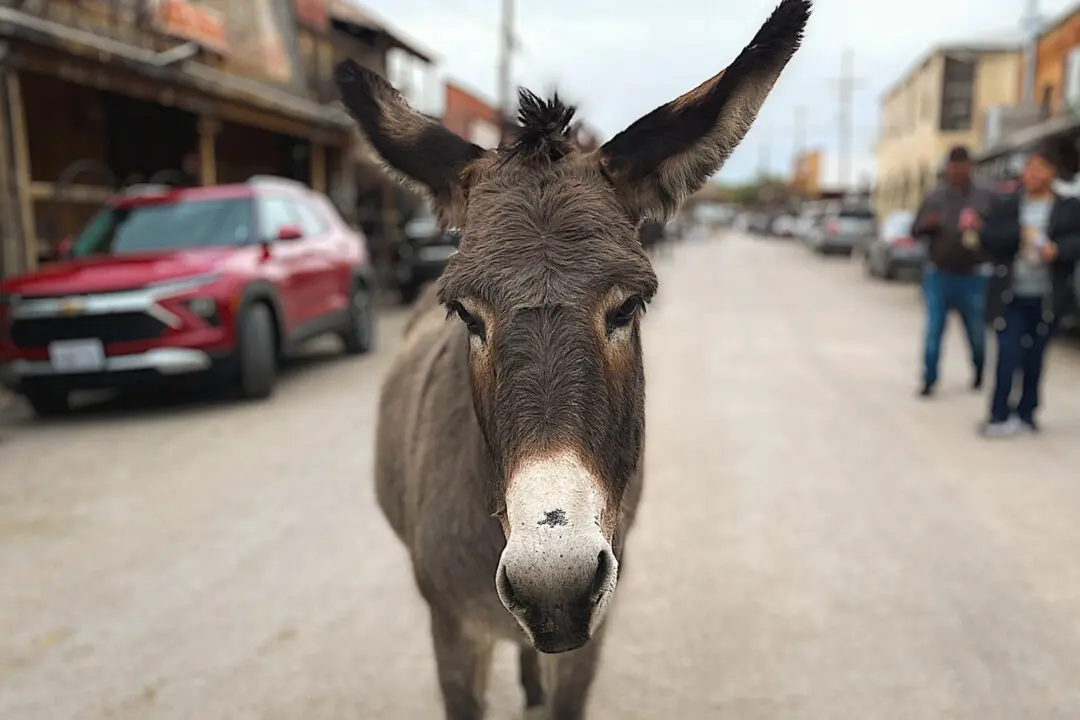Arizona lawmakers have announced bipartisan legislation that would lower the age of eligibility to run for elected office in the state legislature to 18 from 25.
The filing of the Arizona Civic Participation Act comes in the wake of a historic turnout of young voters in the 2022 midterm elections. The legislation aims to boost participation among the young demographic in state politics.





